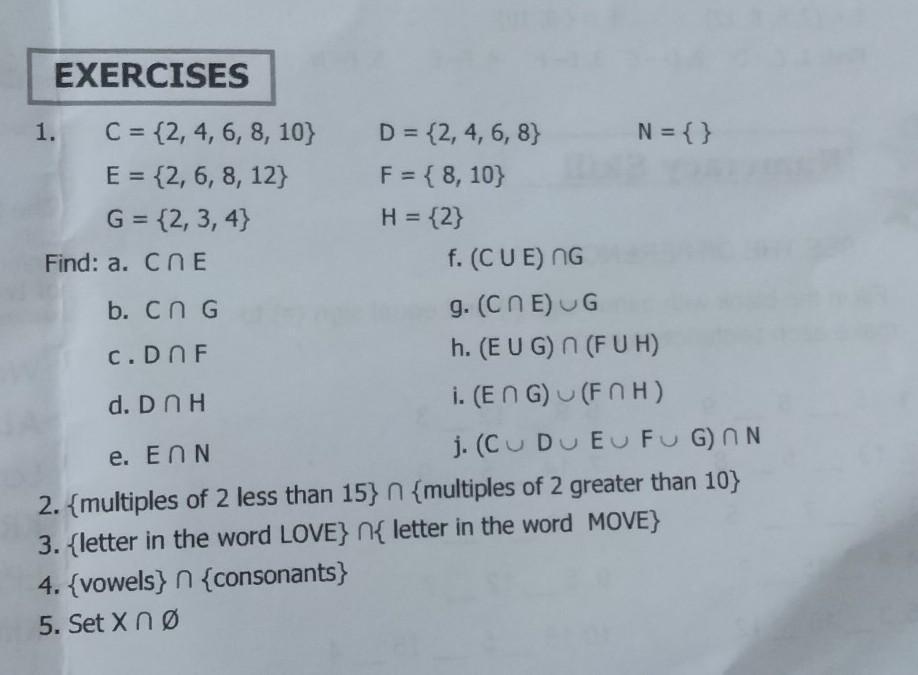WHAT'S IN (PAGE 3) 1. What are the Physical Fitness Tests you remember doing when you were Grade 6? 2. Share your experiences during the administration of the Physical Fitness Test.paki sagod nalang. po taasan ko points
-
Subject:
Physical Education -
Author:
borja -
Created:
1 year ago
Answers 1
Answer:
physical fitness test push up,
Explanation:
sana maka ruling in a ako na bahala f and I am going to be able and the first place for you
-
Author:
lailahchurch
-
Rate an answer:
10
Do you know the answer? Add it here!
Choose a language and a region
How much to ban the user?
1 hour
1 day
100 years

